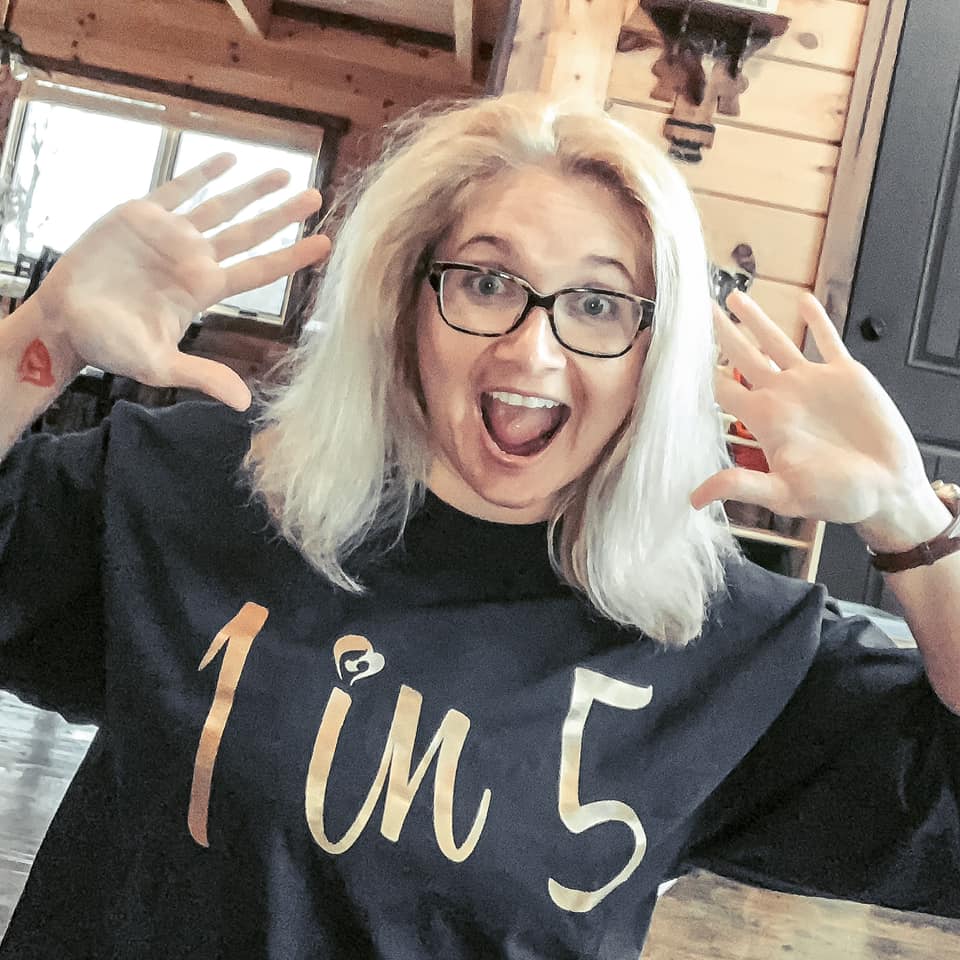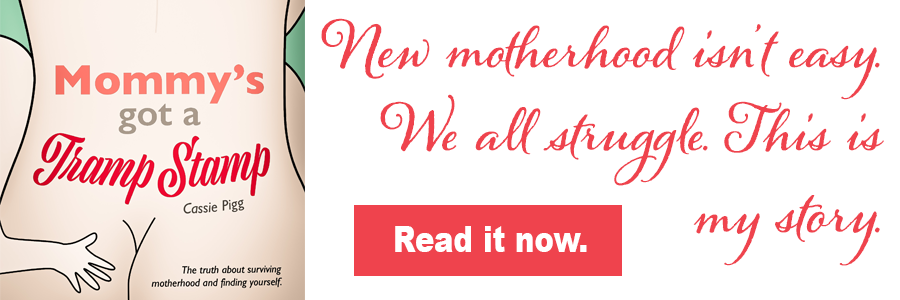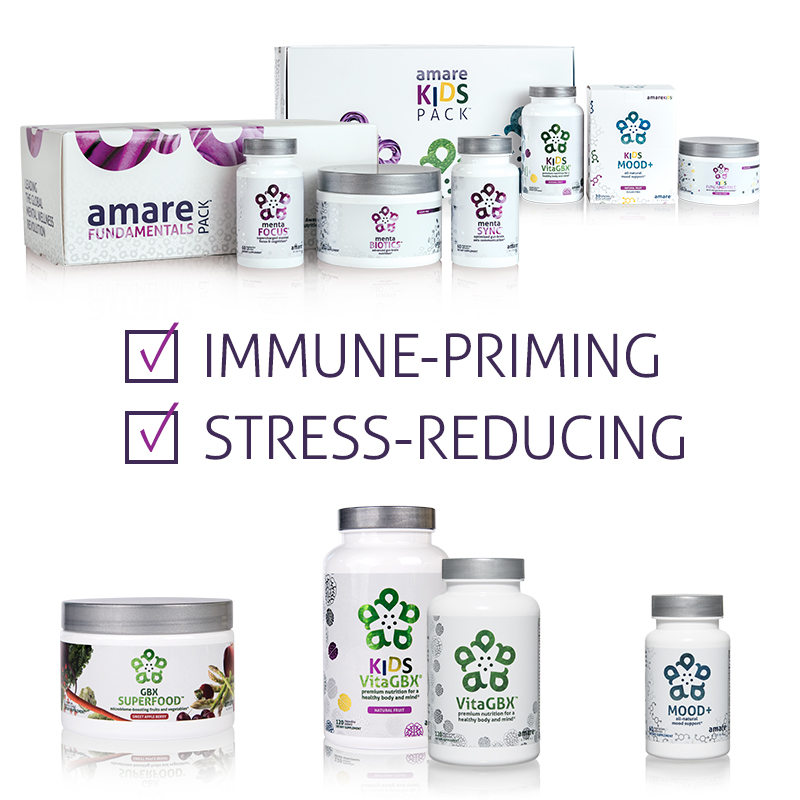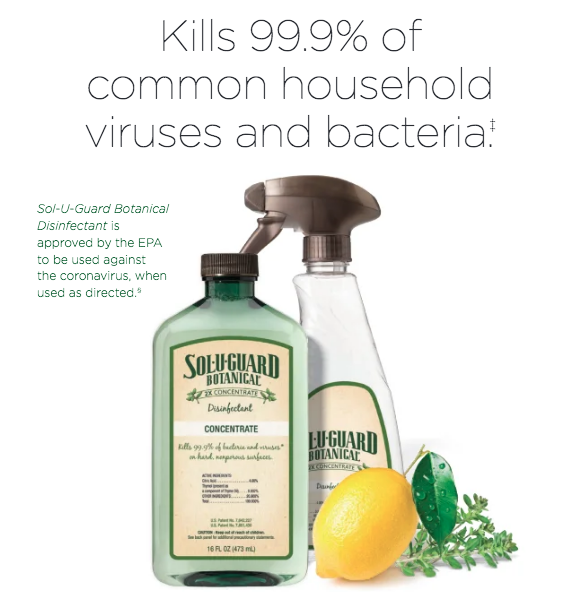
POSTPARTUM DEPRESSION
Here’s what you need to know about postpartum depression. Womenshealth.gov defines postpartum depression as “a serious mental illness that involves the brain and affects your behavior and physical health.”1 The National Institute of Mental Health says, “Postpartum depression does not have a single cause, but likely a combination of physical and emotional factors. Postpartum depression does not occur because of something a mother does or does not do.”2
Before I dive into my personal experience and opinions, I want you to understand the definition of PPD/A. Most importantly, I want you to realize that there is no one to blame. There is a cluster of hormones and experiences that completely change our bodies and play tricks on our brains.
It’s a messed-up situation to put our mind and body in, so don’t blame yourself for your feelings. There is NOTHING wrong with you! And there’s no shame in asking for help if you need it.

3 CATEGORIES OF PPD
There are three different categories of severity when it comes to mental health post-baby: the baby blues, postpartum depression/anxiety, and postpartum psychosis. I am going to list the symptoms for each according to the Mayo Clinic.3
- Baby Blues: mood swings, anxiety, sadness, irritability, feeling overwhelmed, crying, reduced concentration, appetite problems, and trouble sleeping.3
- Postpartum Depression/Anxiety: depressed mood or severe mood swings, excessive crying, difficulty bonding with your baby, withdrawing from friends and family, loss of appetite or eating much more than normal, inability to sleep (insomnia) or sleeping too much, overwhelming fatigue or loss of energy, reduced interest and pleasure in activities you used to enjoy, intense irritability and anger, fear that you’re not a good mother, hopelessness, feelings of worthlessness, shame, guilt, or inadequacy, diminished ability to think clearly, concentrate or make decisions, restlessness, severe anxiety, and panic attacks, thoughts of harming yourself or your baby, recurrent thoughts of death or suicide.3
- Postpartum psychosis: confusion and disorientation, obsessive thoughts about your baby, hallucinations and delusions, sleep disturbances, excessive energy and agitation, paranoia, attempts to harm yourself or your baby.3

MY STORY (THE SHORT VERSION)
I’m no expert. I am just someone that suffered from postpartum anxiety and was able the get help right away. Some women aren’t so lucky. Women who don’t get the help they need often end up doing something drastic. As I tell my story and reflect on everything that happened, I realize I may have experienced borderline psychosis.
Any sense of normalcy I ever had was gone. I was confused. I experienced hallucinations. I did not sleep. I convinced myself that Izzy was going to stop breathing. I obsessed over the fact that she was going to die. I was scared that I was going to throw her out the window. These are not healthy thoughts for a new mother. You’re supposed to focus on love and the beautiful life you created. No. I was obsessed with death. I obsessed over thoughts that Izzy was going to die. I thought that I was going to die, and she’d be alone. Ladies, I sincerely thank God every day that I had the self-awareness to have a conversation with my OBGYN.
I didn’t even make it to my six-week follow-up appointment. I need help ASAP. Thankfully, I am surrounded by amazing, loving, caring people that did what they could to make sure I got the help that I needed. My experience did not make me a bad mother, even though that’s what I feared at the time. My experience made me a better, stronger, and happier mama. I couldn’t see it at the time, but this experience brought me to this moment right now. As I still battle my anxiety, I see that maybe God led me down this path for a reason, and that is why I am sharing my story.

THE STATISTICS (THEY DON’T TELL THE WHOLE STORY)
I have done some research, and apparently, 80% of new mothers suffer from the baby blues.2 I don’t believe those numbers are even remotely accurate. I have to think the actual numbers are much higher than that. I’ve never actually talked to a new mom who didn’t have some issue post-birth, no matter how minor. I also think that new mothers feel like they have to put on a facade of perfection out in the world, even if that’s not the case at home. Our society has created such intense pressure on mothers in general; it’s no wonder we’re all a little whacked out sometimes. You know what? Being a little whacked out is normal. You’ve just thrust yourself into this whole new world with a life entirely dependent on you for survival. At some point, we all need to get off the judgment train (quit judging ourselves, especially) and live our lives. We’re all doing the best we can, and that IS good enough.
As I mentioned, I suffered (and still suffer) from severe postpartum anxiety. 10-20% of new mothers experience postpartum depression or anxiety.2 I’m not sure if I entirely believe that statistic either. Also, this only applies to live births. I honestly wonder how many women are suffering in silence, and it breaks my heart because I know their pain. I know the numbers would probably be overwhelming if we had accurate data. If you are one of these women, please understand there is ABSOLUTELY no shame in asking for help or talking to someone. NONE! ZERO! I’m pleading with you here. Do not suffer in silence.

LACK OF AWARENESS
There is a lack of education on the topic of postpartum depression. So many people out there don’t even realize or acknowledge that it exists. I was one of these people. I had no clue what I was in for after I had our sweet baby girl, and I wouldn’t wish my experience on my worst enemy. Before I experienced it, I thought postpartum depression was a term used to describe women that missed being pregnant. Obviously, I had that one completely wrong. But this is a perfect example of how little education and preparation women have for this struggle.
Most people think of postpartum depression as being sad or feeling down after pregnancy, but it can be so much more than that. I was never depressed; I just experienced crippling anxiety. Some mothers experience rage. Others might not have any interest in bonding with their baby. PPD is not one size fits all. It looks different for every mama that experiences it.
I hope someday that PPD is a condition that is widely understood and accepted. I hope new struggling mothers have access to the education and resources that they need to thrive with their new baby. That is why I developed the Mom Stuff app. Being a new mom is hard enough; let’s not make it any harder with ignorance.
Let’s end the notion that a newborn baby is the best gift in the world, and we should all be blissfully happy to become a mother. Quite frankly, for some of us, it sucks, and there is no shame in saying that. This journey into motherhood is hard for everyone, and there is no shame in doing what is best for your mental and physical health. A happy mom is a good mom, and your baby deserves a healthy mom both physically and emotionally.

WHAT CAN WE DO?
Ladies, check on your new mom friends. Look for the signs of postnatal mood disorders. Are they acting differently? Don’t just assume it’s because they’re a new mom. It could be something worse. Hug them. Love them. Make sure they sleep. Get them to eat and drink water. New babies are great, but it’s the new mamas that need the TLC.
If you experience any of the signs or symptoms listed above, please talk about it. Talk to your doctor or a counselor. Let your family know what you are going through. Isolation can destroy you.
- Office on Women’s Health. “Postpartum Depression.” OWH, May 14, 2019. www.womenshealth.gov/mental-health/mental-health-conditions/postpartum-depression
- National Institute of Mental Health. “Postpartum Depression Facts.” NIMH. www.nimh.nih.gov/health/publications/postpartum-depression-facts/index.shtml
- Mayo Clinic. “Postpartum Depression.” Mayo Clinic. www.mayoclinic.org/diseases-conditions/postpartum-depression/symptoms-causes/syc-20376617
1 Comment
Comments are closed.